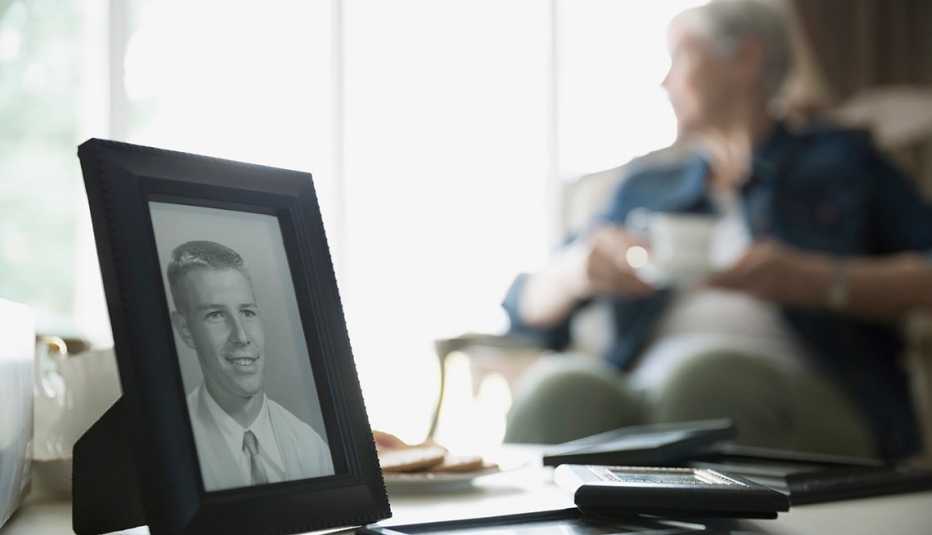Staying Fit
It happened again recently. I upgraded the operating system on my computer and suddenly couldn’t connect to my home’s Wi-Fi account. It was in my name, but my late husband, Benjamin, had set it up and created the password.
Benjamin and I were married for 46 years. He died four years ago, after a harrowing battle with brain cancer. Ever since I have been both missing him and missing clues that would unlock the secrets of our digital and financial lives.


AARP Membership— $12 for your first year when you sign up for Automatic Renewal
Get instant access to members-only products and hundreds of discounts, a free second membership, and a subscription to AARP the Magazine.
I was newly bereaved when I was first locked out of one of our joint accounts, our home email. I contacted the email provider. The conversation did not go well.
“How can I help you, Mr. B. Milk?”
“I am not Mr. B. Milk. I am his widow. He died, and I can’t get into our email account.”
“So sorry for your loss, Mr. B. Milk.”
“No. I am not Mr. B. Milk. He died.”
“Can you answer your secret question, Mr. B. Milk, and then we can access your account? What was the first school you attended?”
Somehow, in all our years together, that had never come up. I took a guess. Wrong. Eventually, I had to hire an online computer firm that, for $149, “scrubbed” my iMac. I got a new password and new secret question and was able to get back into our email.
Benjamin and I shared a life, but I soon learned that we didn’t share everything. We talked about major expenditures. But there were dozens of little things concerning our finances that we never discussed. Confronting the paperwork and bureaucracy precipitated by the death of a spouse, I was overwhelmed by the unexpected complications.
Benjamin’s illness hit us like a lightning strike. At age 75, he seemed remarkably healthy, with a slim, boyish body and a head of silver hair that friends envied. He was chairing a meeting of our condo board in suburban Maryland when he noticed that he was having trouble finding words, and his right hand was trembling.
That night the trembling continued. I thought he was having a stroke and called 911. He passed the EMTs’ stroke test, but we went to the nearby hospital emergency room just in case. Our daughter, Meredith, a special education teacher, met us at the hospital. A CT scan revealed a small mass in his brain.


































































